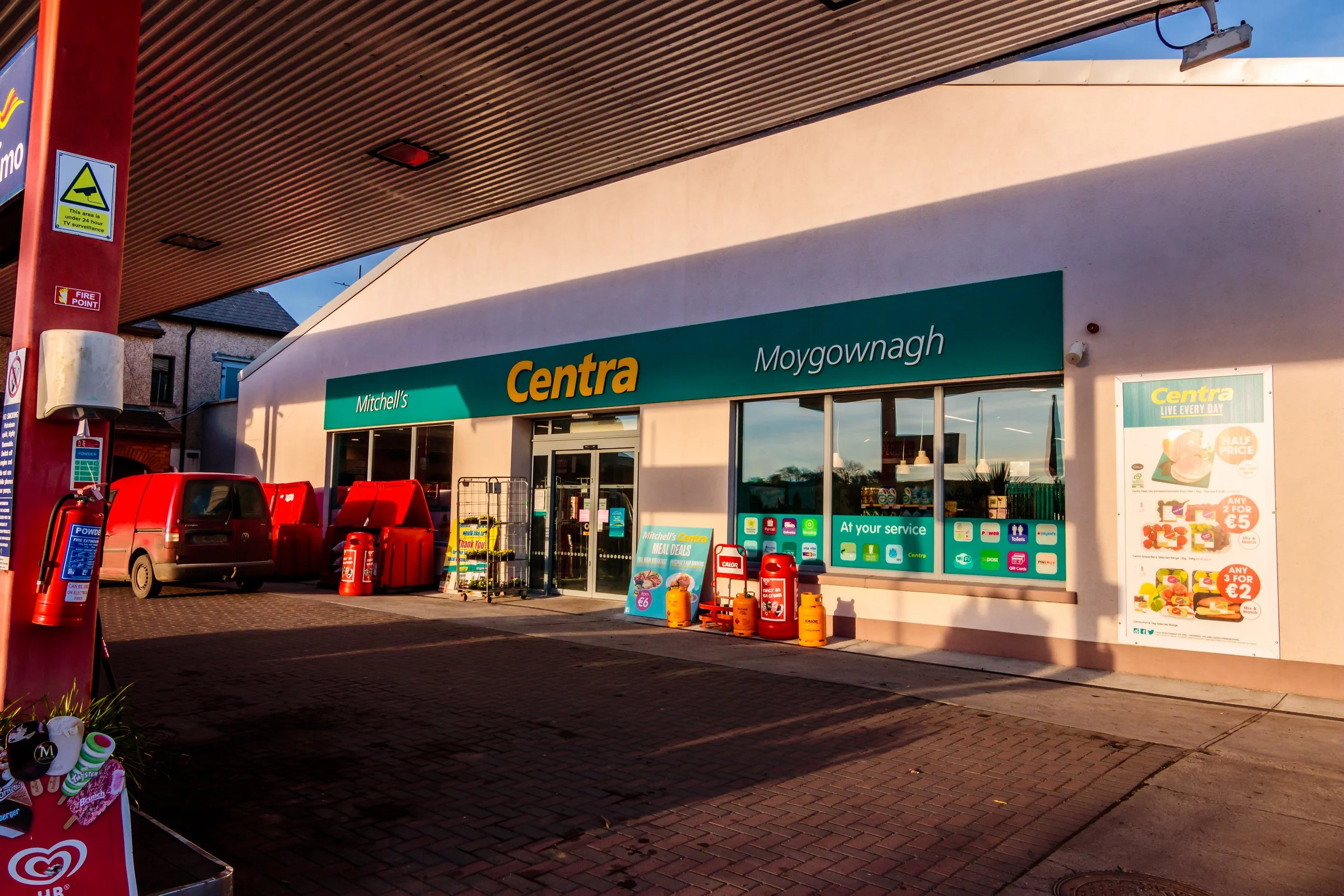Thousands of miles away, my drowsy wife was none too pleased to be woken up so early by my frantic messages. Sitting in my parent’s home in Mayo, I was shocked by the fiery images of hurricane-fuelled wildfires consuming vast swathes of neighbourhoods in Los Angeles county. My wife, on the other hand, took some persuading to open the curtains to our balcony, but she then was jolted fully awake, as a distant wall of orange flame illuminated the Glendale horizon. Black smoke filled the north-eastern sky as in a Hollywood post-apocalyptic blockbuster. Thankfully, that was as bad as it got for our location, as the winds eased and firefighters heroically battled the several blazes that had broken out over the week. After a day’s evacuation my wife was able to move back into our apartment. Many others were not so lucky, with at least 27 people killed, 12,000 structures and thousands of acres of habitat destroyed, alongside thousands of people displaced to date. When I arrived back to Los Angeles, the main threats facing the areas near the wildfires came from dangerous particulates in the air, as the winds carried all sorts of airborne contaminants from the charred remains of vegetation and buildings.
Read MoreMy final Western People article of 2024 was not in keeping with the spirit of ‘Happy Christmas’ or indeed a ‘Happy New Year’, but one I felt compelled to write as a social historian, but also a proud native of this part of Ireland. Your response to my effective eulogy on the local decline of rural communities has been both affirming and gratifying. However, a common feedback thread suggested I had failed to offer any constructive solutions to the social decay witnessed in the rural west of Ireland. That was not my original purpose, but on reflection, I now offer some ideas gleaned from both my conversations with community activists and social justice advocates, as well as a few of my own.
Read MoreWhile I was gathering oral history for my PhD, traveling the boreens and byways of North Mayo and West Sligo, I interviewed one old man who wanted me to come outside into his garden before I left his home, after we had enjoyed a lively chat about local characters and names of fields.
“Can you hear it?” he asked, looking at me with sudden saddened eyes.
I heard only a lone dog barking somewhere and a car revving in the distance.
“Hear what?” I replied.
He sighed, turning to look in the direction of the now-closed local national school.
‘‘The quiet… I could set me watch when the children would be out playing each day and now... nothing, just meself and the wind.”
He hurried me to my car, not wanting his glistening eyes to give away the ache of community loss. As I was closing the car door, he suddenly remembered something.
“You don’t have children yourself?”
“No,” I answered and he just nodded, saying: “Ah well.”
As I drove back to my parents’ home in the spitting rain, I fought with the realisation that without children, seemingly active communities would disappear. It happened sooner than I expected.
Read More


